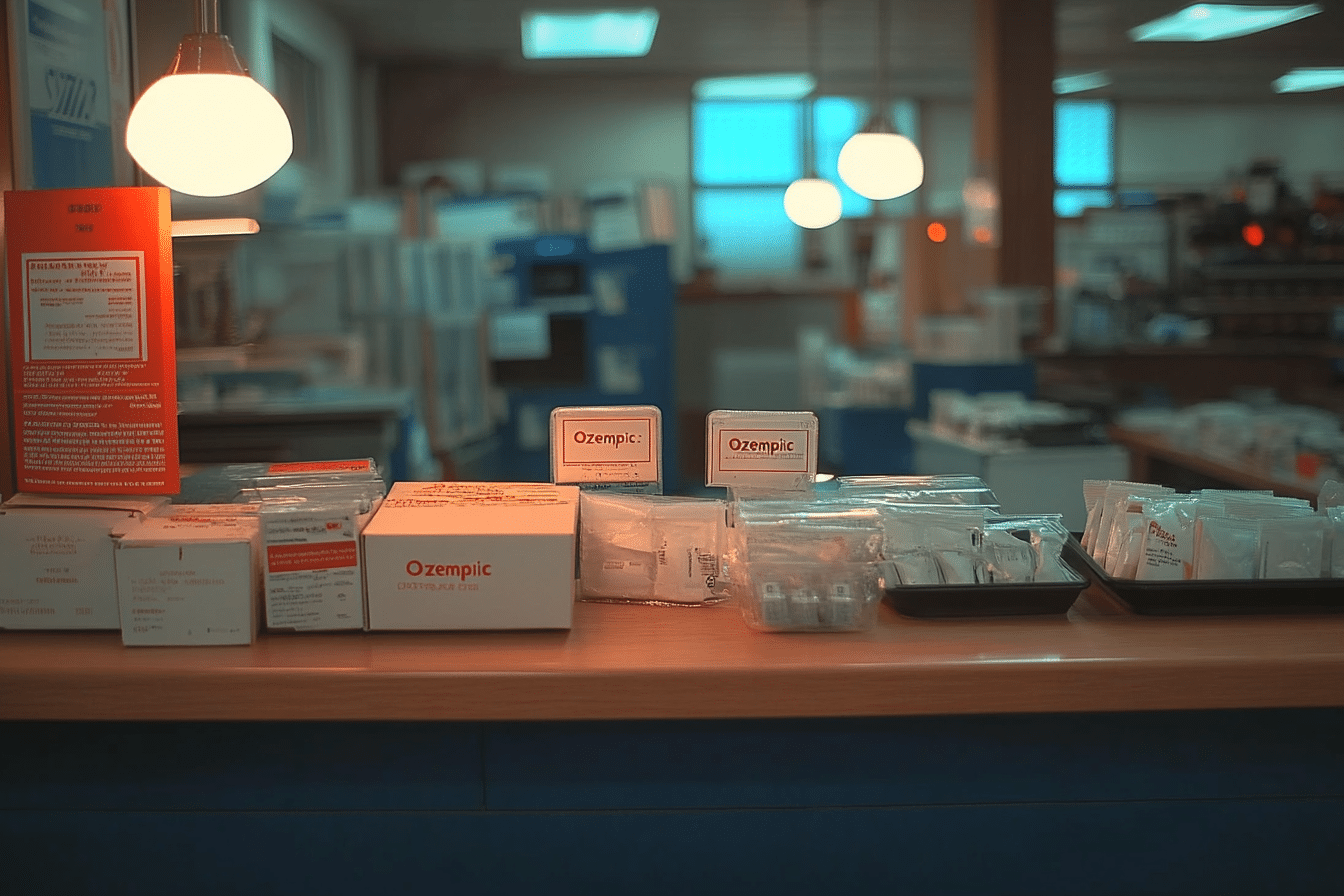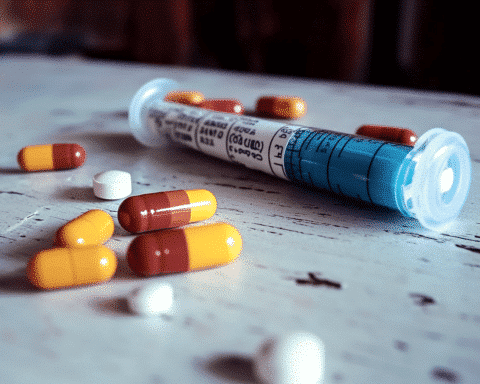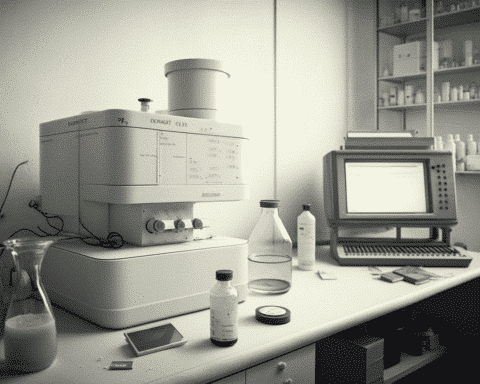The demand for weight loss drugs like Ozempic has surged, leading to a troubling black market. Behind the unassuming facades of ordinary suburban homes, an illegal trade in counterfeit medications is flourishing. An investigation by CNBC shed light on this shadowy underworld, revealing how counterfeit and diverted weight loss drugs have infiltrated the market. These illegal operations pose severe risks to patient safety, as unregulated versions of the drugs could be life-threatening.
A Hidden Network of Counterfeit Weight Loss Drugs
In a quiet neighborhood near the Rocky Mountains, a CNBC investigation traced a black-market operation to a residential address in Boulder, Colorado. Laver Beauty, which sells weight loss drugs like Ozempic at a fraction of the standard price, used this address for its business. Despite the address, the homeowners claim no connection to the company. The investigation uncovered shipments of Ozempic from China, bypassing regulations and posing consumer risks. Novo Nordisk, the manufacturer of Ozempic, confirmed that the drugs were “diverted legitimate product” meant for the Chinese market and unapproved for use in the U.S.
The Risks of Counterfeit Medications
The counterfeit Ozempic market has spread far beyond the U.S. In the United Kingdom, authorities seized over 800 counterfeit Ozempic pens. Andy Morling, deputy director of criminal enforcement for the U.K.’s Medicines and Healthcare Products Regulatory Agency, explained, “We saw that the demand increased, and quite often, as it happens in these situations, criminals try and fill a gap where the supply and demand aren’t balanced.” This dangerous practice could lead to severe health consequences for users, as counterfeit medications often bypass rigorous testing and safety measures.
Eli Lilly’s Fight Against Counterfeits
Eli Lilly, a maker of Mounjaro, faces similar challenges in combating counterfeit drugs. Dr. Daniel Skovronsky, the company’s chief scientific officer, demonstrated the sophistication of some counterfeits, showing a fake labeled as Mounjaro. “It looks to all the world like Mounjaro,” he said, “But it’s not Mounjaro at all.” The rise of counterfeit drugs like these undermines the pharmaceutical industry’s commitment to patient safety, with potentially dire consequences for those consuming unregulated products.
A Global Issue: From Turkey to the United States
The issue extends globally, with countries like Turkey becoming hubs for the production and distribution of counterfeit pharmaceuticals. Maziar Mike Doustdar, executive vice president of international operations for Novo Nordisk, noted that criminals have access to “sophisticated packaging equipment” that mimics legitimate products. Nicole Johnson, a U.S. government official, highlighted the problem: “We are seeing a lot of diverted medicines coming in from Europe and South America.” Reusing old Ozempic pens filled with saline is among the tactics counterfeiters use, further endangering consumers.
Law Enforcement and Industry Response
Law enforcement agencies and pharmaceutical companies are working to combat the spread of counterfeit weight-loss drugs. Since January, U.S. Customs and Border Protection (CBP) has made over 198 seizures of Ozempic-labeled medications. Sal Ingrassia, the port director at JFK, emphasized, “We’ll see them either diverted, counterfeited, or illegally shipped through this facility.” Despite these efforts, the complexity of the problem makes it difficult to eliminate.
Taking Action Against Illegal Websites
The pharmaceutical industry has partnered with cybersecurity companies like BrandShield to crack down on illegal online sellers. Yoav Keren, CEO of BrandShield, described the battle against counterfeit sites as “whack-a-mole” but highlighted their success in shutting down numerous fraudulent websites. Social media platforms like Facebook and TikTok have also been enlisted in the fight, with Meta working alongside law enforcement to remove listings of counterfeit drugs. However, the illegal trade persists, putting consumers at risk.
The Dangers of Counterfeit Weight Loss Drugs
The U.S. Food and Drug Administration (FDA) has issued alerts about the dangers of counterfeit Ozempic. Maziar Mike Doustdar emphasized the seriousness, stating, “It’s one thing to counterfeit a luxury bag. It’s a very, very different thing when you counterfeit a medicine.” As counterfeit weight loss drugs continue to flood the market, the health risks to individuals remain a significant concern.
A Growing Threat to Consumer Safety
The illegal market for Ozempic and other weight loss drugs represents a serious threat to consumer safety. As authorities work to crack down on counterfeit operations, consumers must also be cautious about where they source their medications. Patient safety remains the top priority for pharmaceutical companies, but the fight against counterfeits is far from over. The risks of purchasing unregulated drugs cannot be underestimated, emphasizing the importance of sourcing medications through trusted, legitimate channels.




